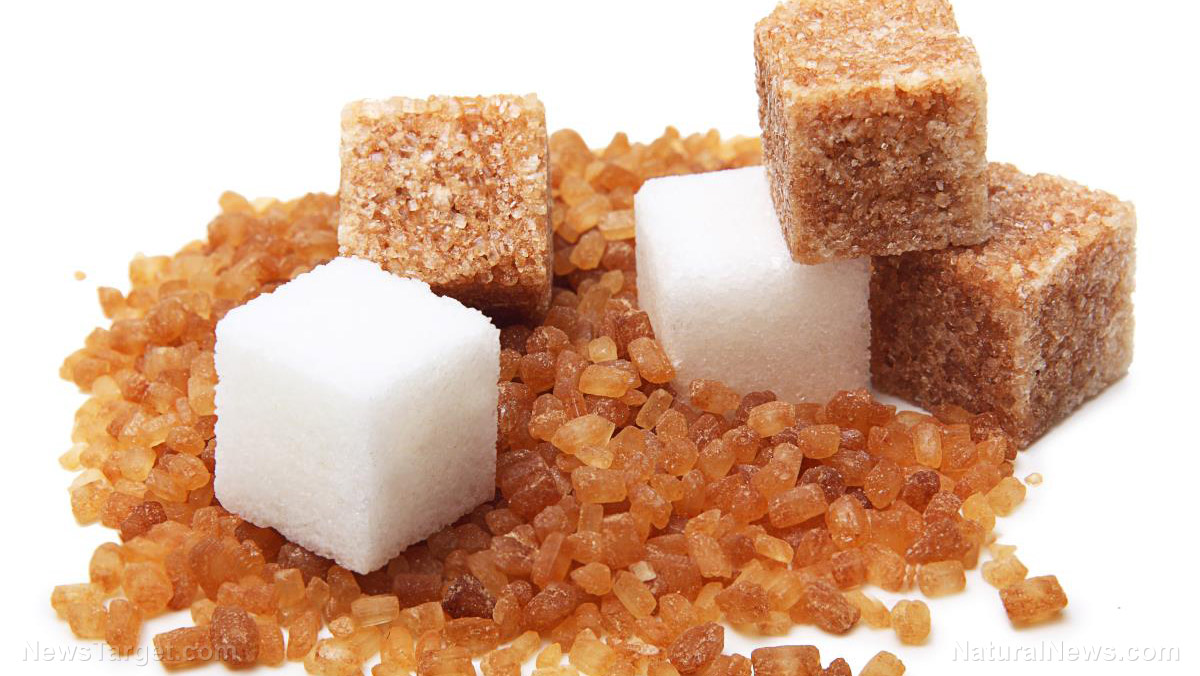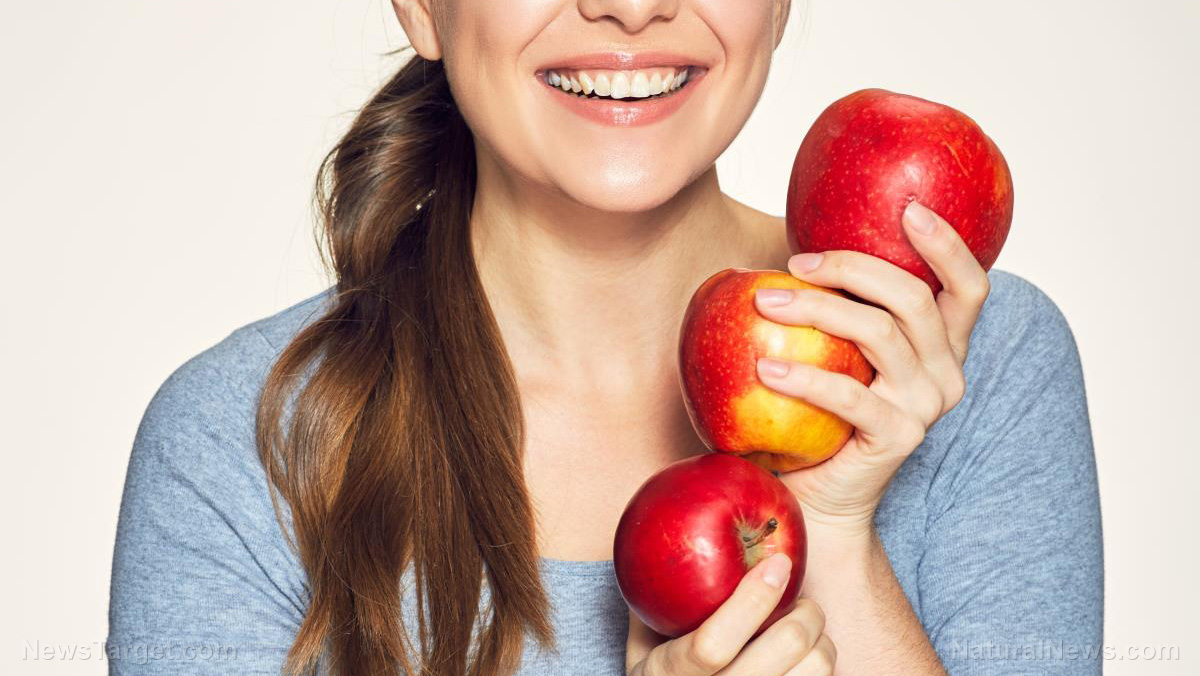People are confused by contradictory messages regarding food and health: Their changes in attitude and lifestyle are changing the food market
08/01/2018 / By Zoey Sky

While there are those who claim that consumers aren’t making a conscious effort to have healthier lifestyles, a study has determined that this could actually be caused by conflicting data about food and nutrition.
If you’re like other consumers, you’ve probably Googled the answers to your questions about health and nutrition. But we don’t always get clear answers, which can leave some confused about whose advice can be trusted.
New Nutrition Business surveyed 2,000 consumers from markets in Australia, Europe, and North America, and the results revealed that a whopping 79 percent are confused about messages concerning “health, food, and nutrition.”
“Changing dietary advice” does more harm than good, and now consumers are confused about which foods are good for their diets. Consumers from the U.K. who answered the survey admit that they’re not sure how much “dairy, eggs, and butter” constitutes a healthy diet. (Related: Study determines medical students need more education after finding they are “overconfident and unprepared” – especially regarding nutrition.)
Joana Maricato, research manager at New Nutrition Business, explains that consumers are often confused by the contradictory nature of the advice that they find online. At least 34 percent of consumers in the U.K. and 46 percent of consumers in Spain rely on blogs and social media outlets for dietary information.
Since the bulk of dietary advice exists online, “traditional sources of information” like health professionals and nutritionists are losing their credibility. The survey participants admitted that they would rather check online when it comes to health advice than ask a professional.
Maricato commented, “Consumers perceive mixed messages and changes to advice, motivating them to lose their trust in ‘experts’ and even health entities.” She adds that because of their apprehension and the “conflicting information,” consumers instead opt to read up about their concerns. However, Maricato notes that this can cause the “increasing fragmentation” of assumptions about health and nutrition.
This fragmentation in “attitude and lifestyle choices” makes it harder for food brands to genuinely engage with potential customers. Maricato notes that the food industry must take this chance to become a trusted voice when it comes to reliable health advice.
She adds that food companies must work together to achieve this and regain consumer trust. Maricato advises that the wealth of information available online sets a precedent for food companies, and that they must make an effort to align their products with “consumer trends and beliefs.”
Maricato suggests that food brands try to stand out by emphasizing the “naturalness” of their products, endorsing the use of ingredients that are viewed in a positive light, and highlighting the nutritional value of their items.
Separating diet myths from facts
Let’s shed some light on some diet myths and facts:
- Myth: Cutting back on carbs can help you lose weight. There are two kinds of carbohydrates: simple and complex. Simple carbs do not contain vitamins, minerals, and fiber. Cutting back on foods with simple carbs like cookies and sweets can really help you lose weight. However, foods with complex carbs, such as “whole-wheat bread, beans, and fruit,” are full of nutrients that are good for your health.
- Myth: Not eating breakfast will pack on the pounds. Eating a healthy breakfast can help you avoid hunger pangs that might make you crave junk food. Don’t eat because you’re bored, eat when you’re hungry. Consider healthy options like oatmeal with some fresh berries.
- Myth: Midnight snacking will make you gain weight. Overweight people tend to eat late at night. This can be caused by snack choices, which often include “high-calorie treats.” Eating late at night also affects sleep quality, which then causes unhealthy cravings the following day. If you still want a snack after dinner, eat some healthy snacks like low-fat yogurt or baby carrots.
You can read more articles about fresh food and tips on how to eat healthy at Fresh.news.
Sources include:
Tagged Under: consumer practices, contradictory messages, diet myths, dietary advice, Diets, digital age, food, food brands, food research, food science, health advice, health trends, nutrition, nutritionists



















